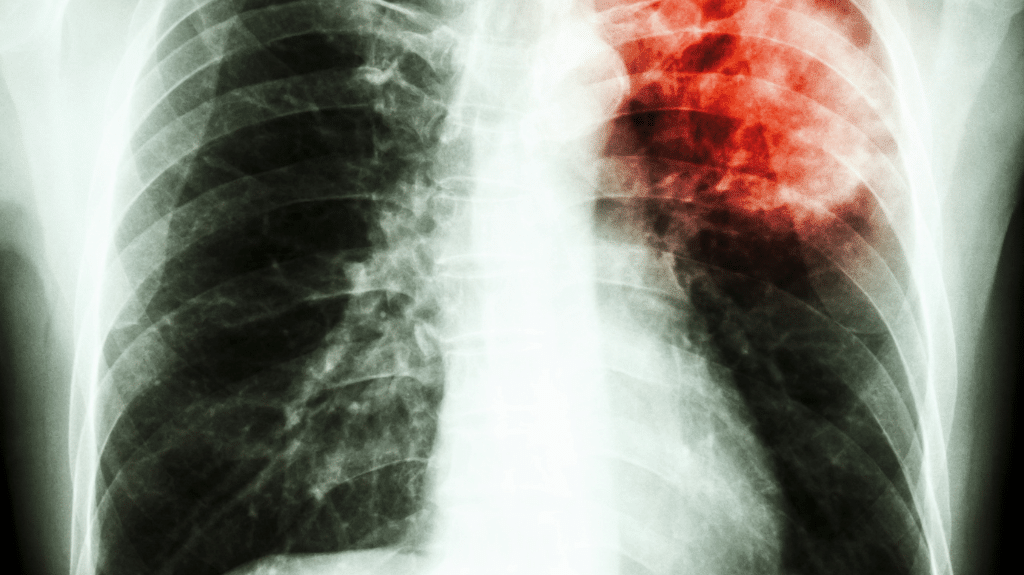
WHAT IS TUBERCULOSIS ?
Tuberculosis is an infectious disease cause by Koch’s bacillus. It is transmitted through the coughs and the sneezes of infected persons. Tuberculosis usually infects the lungs, but it can also affect any other part of the body. Bovine tuberculosis (a form of tuberculosis which affects cattle) can be transmitted to humans through the consumption of contaminated unpasteurized dairy products.
It is good to note that the people infected with tuberculosis don’t all become sick. The symptoms of the disease include cough that lasts at least three weeks, severe chest pain, fatigue and weakness. The victims may also cough up blood and experience loss of appetite, weight loss, a fever, chills and night sweats. Testing for tuberculosis can be performed by Summit Health
WHAT IS THE RISK FOR TRAVELERS ?
Each year, more than 9 million new cases of tuberculosis are reported on the planet, including 1,5 million deaths. Tuberculosis occurs worldwide, but some regions are more affected, like Sub-Saharan Africa, Asia, Central America and South America. The travelers going to these areas are at high risk for tuberculosis, especially if they consume unpasteurized dairy products. This risk is increased among the travelers suffering from a weak immune system, as well as among alcoholics and smokers.
HOW TO PREVENT TUBERCULOSIS ?
There is a vaccine against tuberculosis : the BCG vaccine. However, this vaccine is not recommended to international travelers by international health organizations, as it has a limited efficacy. Instead of vaccination, the WHO and the CDC advise travelers going to a country at risk to follow some recommendations to avoid being infected with tuberculosis.
- Avoid close and prolonged contact with people infected (or suspected of being infected) with tuberculosis. This is especially important if you are frequenting crowded places such as clinics, hospitals and prisons.
- Stay away from the persons who are coughing or who seem to be sick.
- Never consume unpasteurized dairy products, such as milk and cheese.
- If you are likely to be in frequent contact with potentially infected people while traveling (if you intend to operate as a humanitarian aid worker in hospitals and prisons for example), you must take some measures against tuberculosis before your departure. You must see a doctor and get tested for tuberculosis. If the test is negative, you should undergo another test 8 to 10 weeks after your return to your country.
IF YOU THINK THAT YOU MAY BE INFECTED :
If you feel sick after traveling and show symptoms related to tuberculosis, like a fever and cough, you must see a doctor immediately. Get tested for tuberculosis and remain isolated until complete recovery.
If you are infected, you will have to undergo a treatment based on specific antibiotics. This treatment is long : it lasts six months to more than one year. It is important to strictly follow the treatment and to regularly take the medicines to destroy the germs responsible of tuberculosis, which can be hard to eliminate. A well-followed treatment also allows the entourage of the victim to be safe, as after a few weeks of treatment, a person infected with tuberculosis is not contagious anymore.
Note that in some countries, like in France, Belgium and Switzerland, any case of tuberculosis has to be reported to the local health authorities.
We make every effort to ensure that the information posted on our website is up to date and accurate according to the latest public health recommendations; however, it is impossible for us to make changes on a daily basis.
For the most current travel health recommendations, please call our clinic as make an appointment with one of our travel health professionals.
